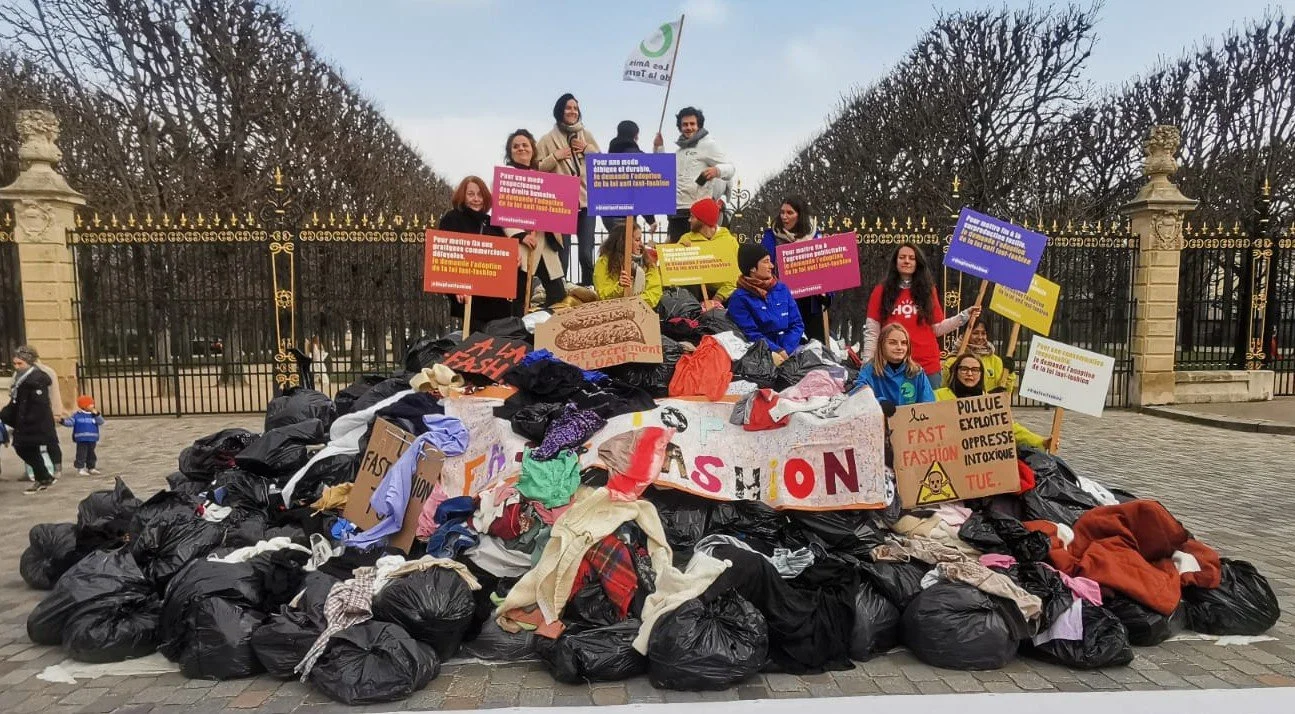France Takes Aim at Fast Fashion: What It Means for Temu & You
Prefer to watch?
On June 10, 2025, the French Senate overwhelmingly passed a groundbreaking bill aimed squarely at ultra-fast fashion. The legislation targets major players like SHEIN and Temu by regulating overconsumption, reducing waste, and pushing brands toward cleaner practices.
Ultra-fast fashion thrives on rapid production cycles, ultra-low prices, and relentless consumer churn, which contributes massively to textile waste and carbon emissions. France's move seeks to disrupt this destructive cycle through decisive policy interventions.
The bill introduces several major provisions. Starting in 2025, each ultra-fast fashion item sold in France will incur a five-euro environmental tax. By 2030, this will double to ten euros. The fee is capped at 50 percent of the item's retail price to balance deterrence with affordability. All proceeds will support sustainable, local fashion manufacturers.
In addition to the tax, the legislation proposes a ban on advertising for ultra-fast fashion brands. This aims to discourage impulse buying and reduce unnecessary consumption. Retailers will also be required to disclose detailed information about their environmental and social standards, introducing transparency to an industry that often lacks it.
Penalties for non-compliance will be strict. By 2030, brands violating the regulations could face fines of up to ten euros per item or 50 percent of the item's pre-tax price.
The French government is careful to distinguish between ultra-fast fashion companies and more established European brands such as Zara or Kiabi. The latter are likely to face lighter regulatory burdens, reflecting their slower production cycles and more localized supply chains.
France must notify the European Commission to ensure the law aligns with broader EU regulations. Once finalised, the law could serve as a model for other EU countries.
The broader EU is also moving against fast fashion. The European Union's Circular Textiles Strategy will require brands to finance textile recycling and repair programs. However, some critics caution that without strict enforcement mechanisms, these laws risk being undermined by greenwashing.
For consumers, the new regulations may lead to slight price increases, but they will also provide greater transparency and promote support for environmentally responsible brands. For fashion companies, this represents a clear signal to adapt supply chains and business models. Ultimately, the planet stands to benefit from fewer overproduced garments, reduced waste, and lower emissions.
What do you think of the new regulations? Let us know in the comments.


